Found an animal?
Home >> found an animal?
reunite
If alive, wild moms want their babies back and will spend hours searching for them. And to be honest, nobody can raise a wild baby like its own mom, she is truly the best for the job. Sometimes she needs a bit of help to get her babies back. This is where YOU step in.

If you've discovered a nest that's been disturbed, take a peek at the babies. Unless the little rabbits are
visibly injured (bleeding or non-functioning limbs) or
obviously suffering, it's best not to touch or move them.
Cover the nest and leave the babies alone. Momma rabbits feed only twice a day, and they are generally really good at doing it when you're not looking. If the babies are plump looking, they are just fine and they have been fed in the last 12 hours. Please monitor the nest the next day (check the bellies for plumpness). If the bunnies are skinny, mom is likely gone and the babies need a rehabilitator.

Sometimes baby squirrels can fall out of a nest or get separated from their mother. If the baby isn’t injured, getting it back to its mom is the best possible option. Squirrels are excellent mothers and will come back for their babies if given a chance! Place the box with the squirrel (and a heat source) as close as possible to where the squirrel was found. If there is a tree nearby, put it at the base of the tree. Squirrels don’t always nest in trees, so next to a house or building will work too.
Be patient!
A baby squirrel should be left out for at least 4 hours to see if its mother will come back. Make sure to KEEP IT WARM - refresh the heat source as needed. Sometimes, a mother squirrel can be called into the area with a distress call. Squirrels are most active at sunrise and right before sunset and these are the ideal times for a reunite. If the baby is skinny mom is likely gone and the baby needs a rehabilitator.
If a young squirrel readily approaches you and say, climbs up your leg or sits on your shoe, it is asking for help. Please search the area for others (usually there are siblings close by), securely contain the babies and contact a rehabilitator. Please do NOT give food or water, it could cause more harm than good.
If you find an injured or orphaned baby groundhog, secure the baby and call your nearest wildlife rehabilitation center. Baby groundhogs need special feeding schedules, feeding techniques, diet and care in order to survive. Please do not handle the baby with your bare hands. Wear gloves or use a towel/sheet/blanket/t-shirt to cover baby before you pick up. In the state of Pennsylvania groundhogs are a rabies vector species and special care should be taken. Warm, dark, and quiet!
Eyes closed and out of the burrow is generally not good, a rehabilitator should be contacted right away.
Eyes open and barely able to walk and they look as if they are "scooting" is also generally not good. It is best to contact a rehabilitator for advice.
Eyes open and able to run MIGHT be okay. They should be monitored (watch from a distance) to see if they are making it into the burrow at night and as long as they are able to run away from you they will likely be just fine.
Upon rare occasion an orphaned groundhog pup will seek out a human for help. Please use extreme care (do not touch with bare hands) when containing and contact a rehabilitator promptly.
Please do NOT give food or water, it could cause more harm than good.
